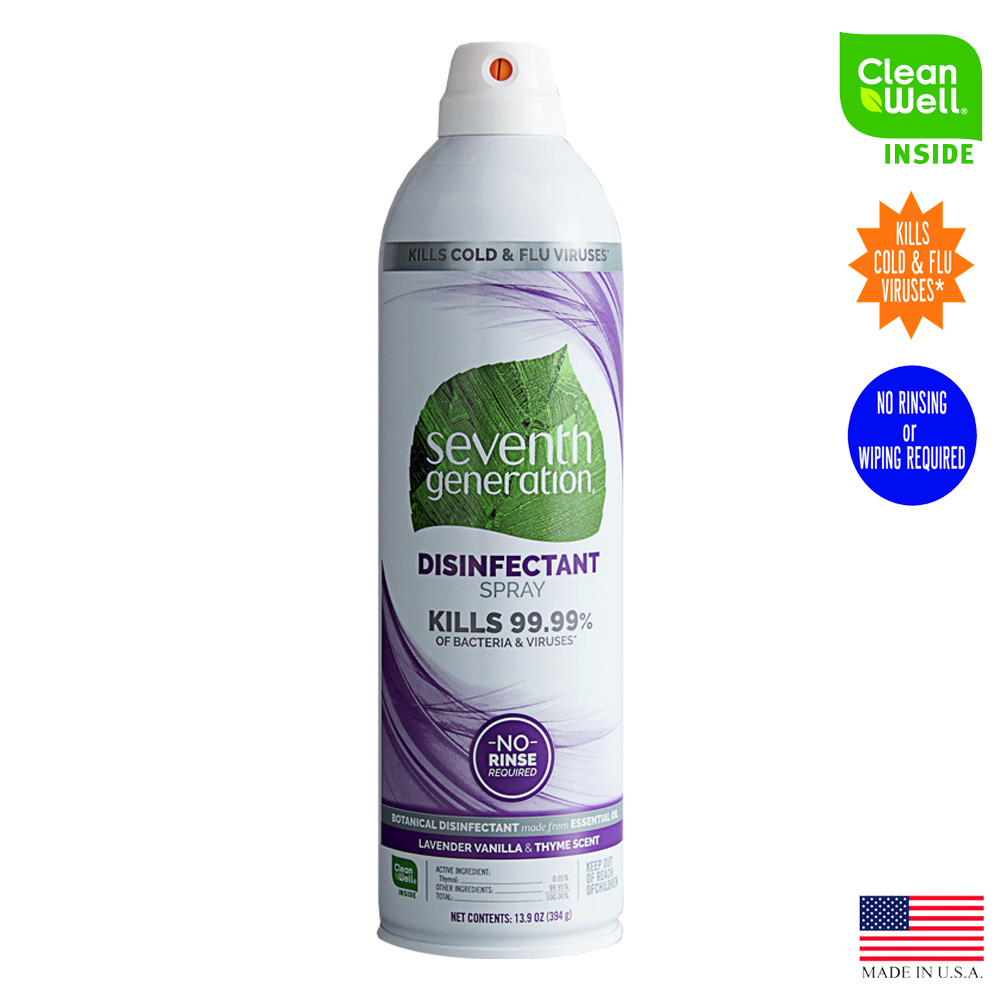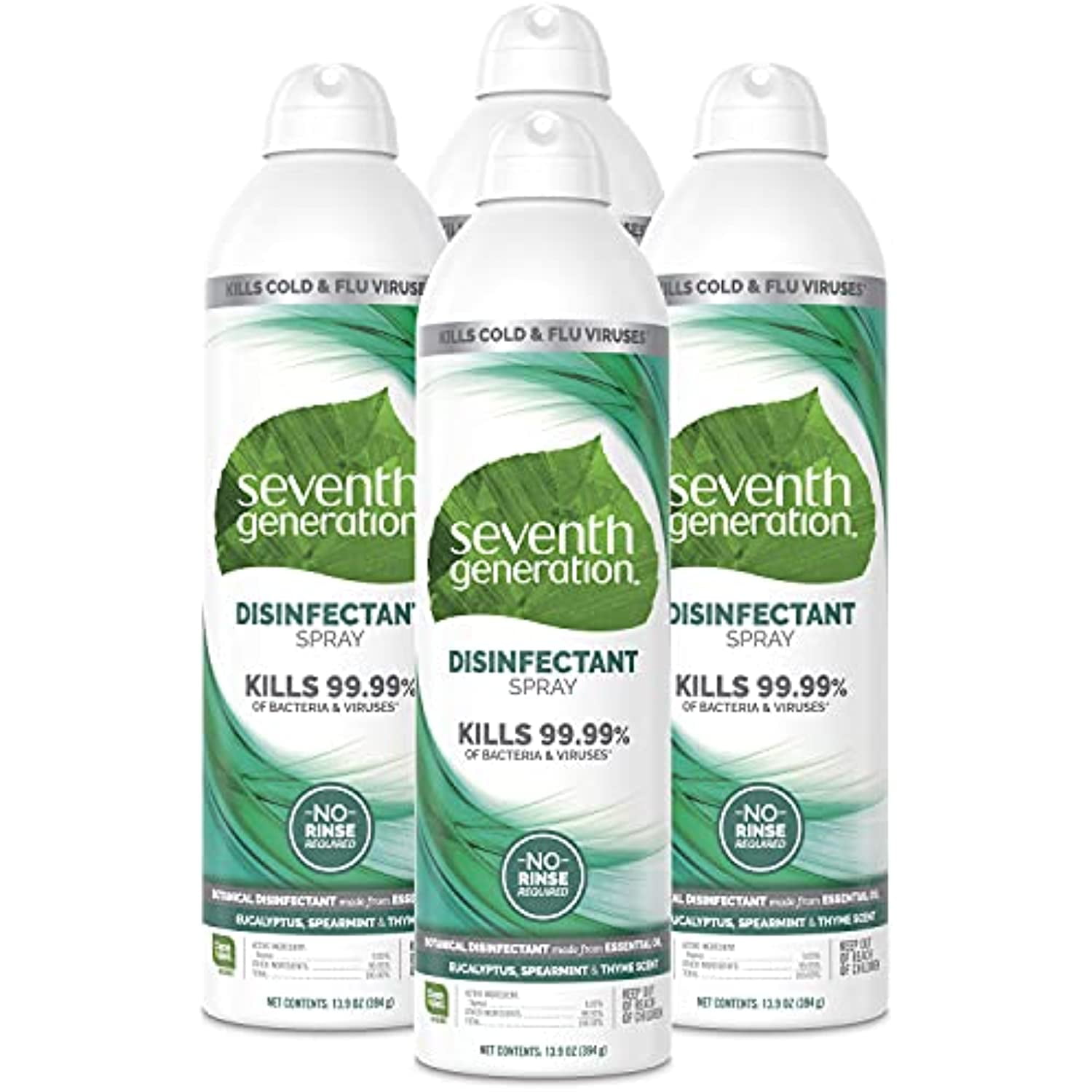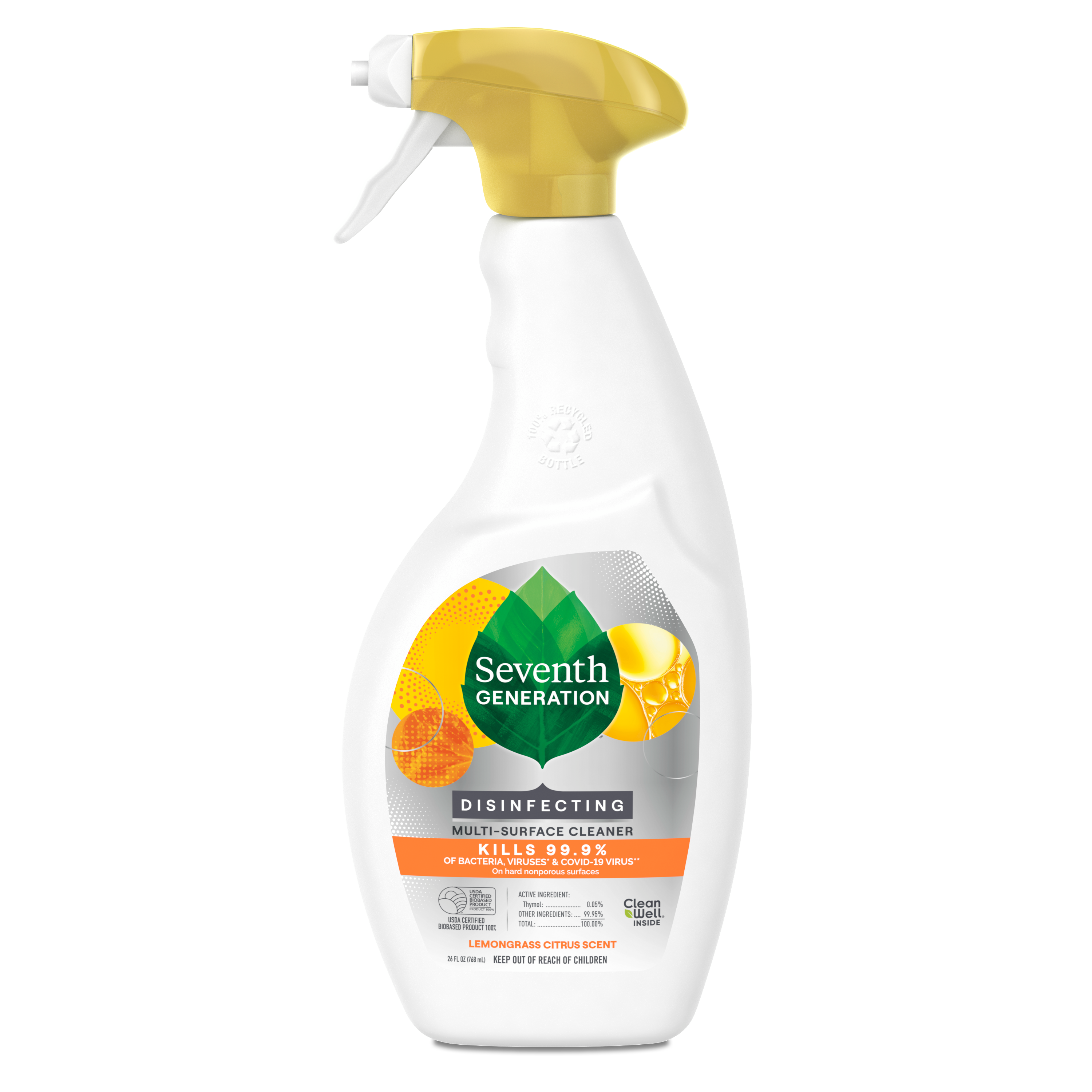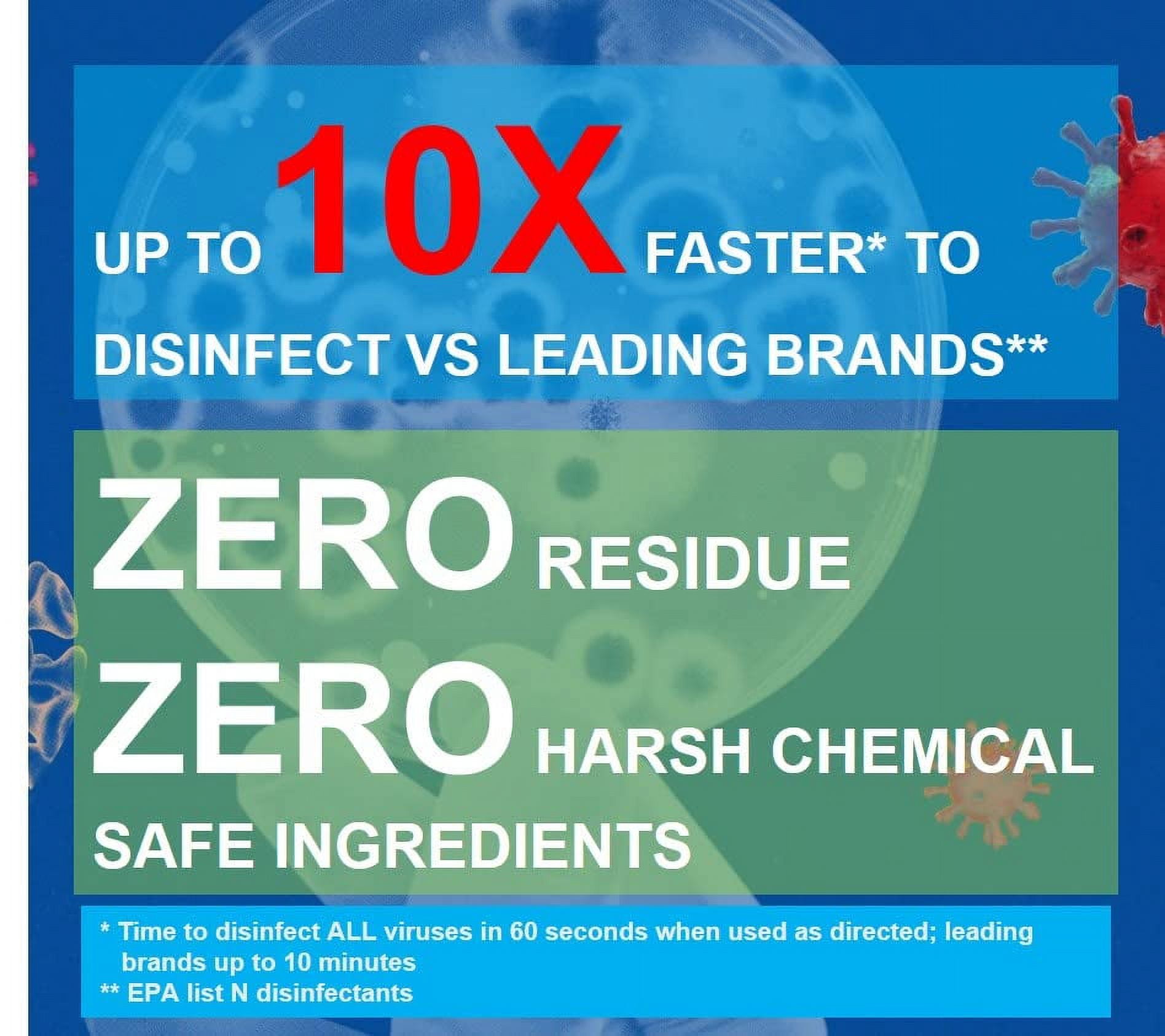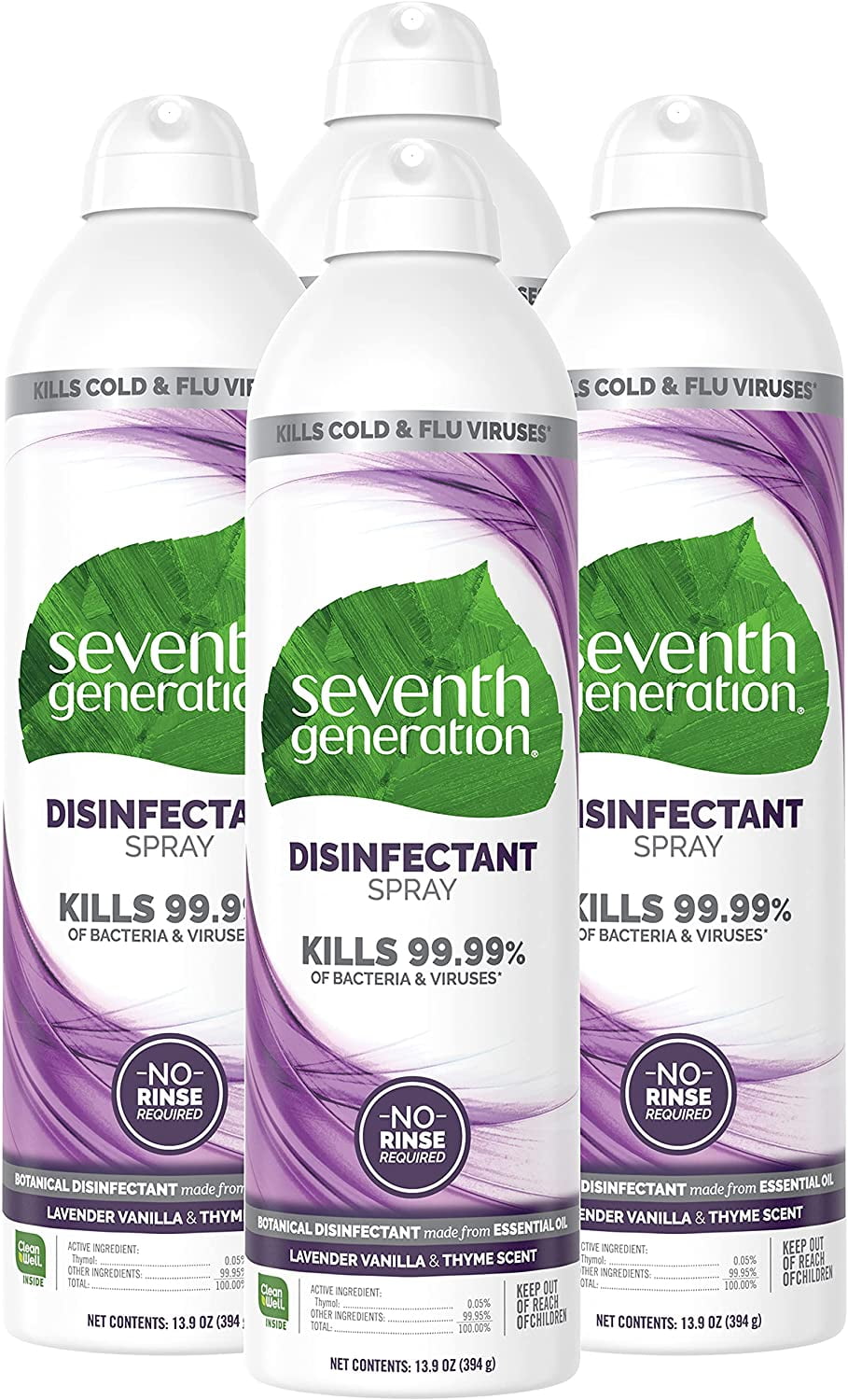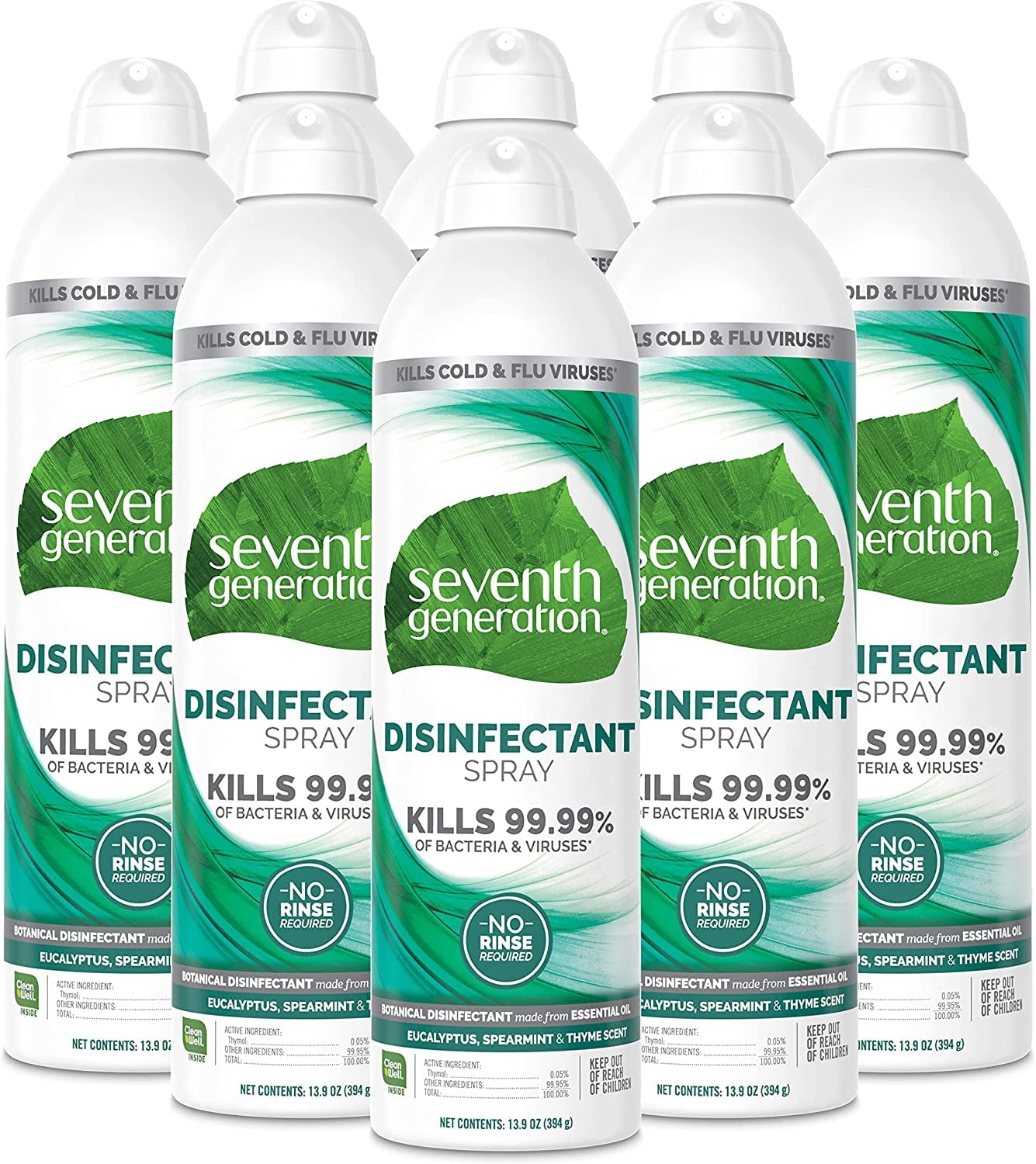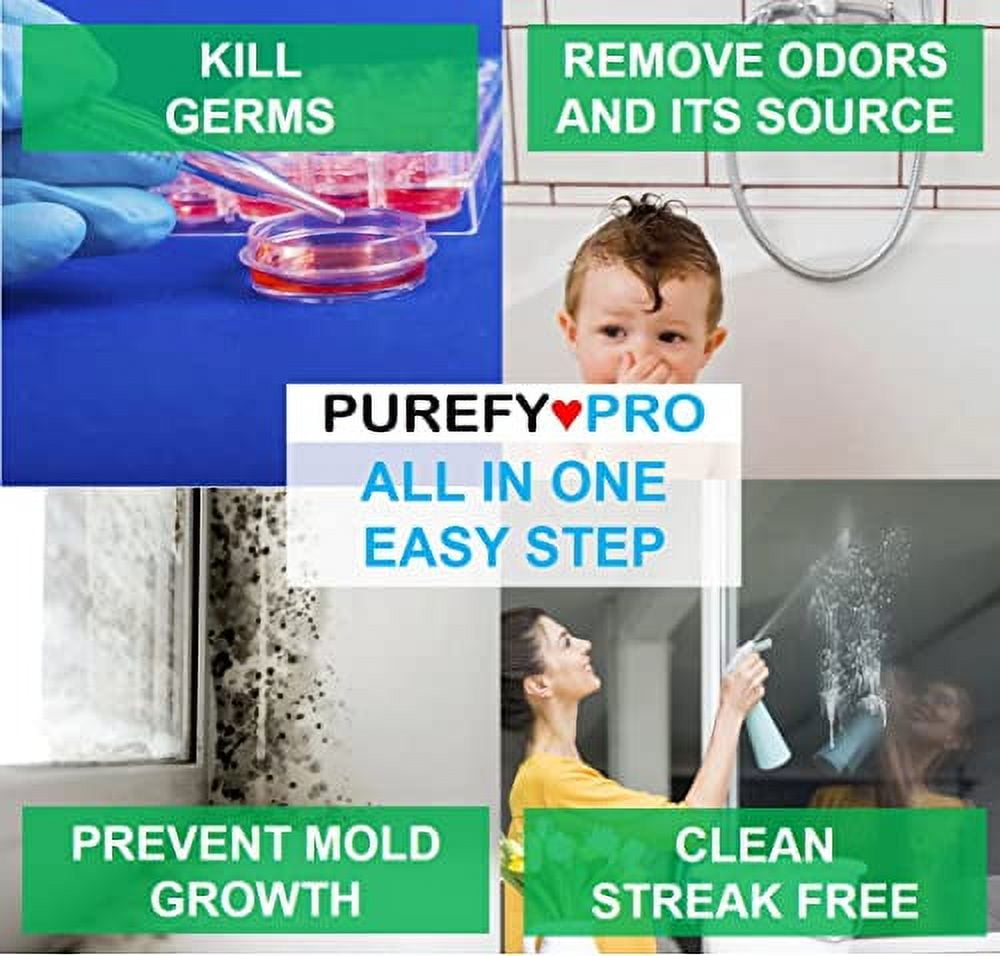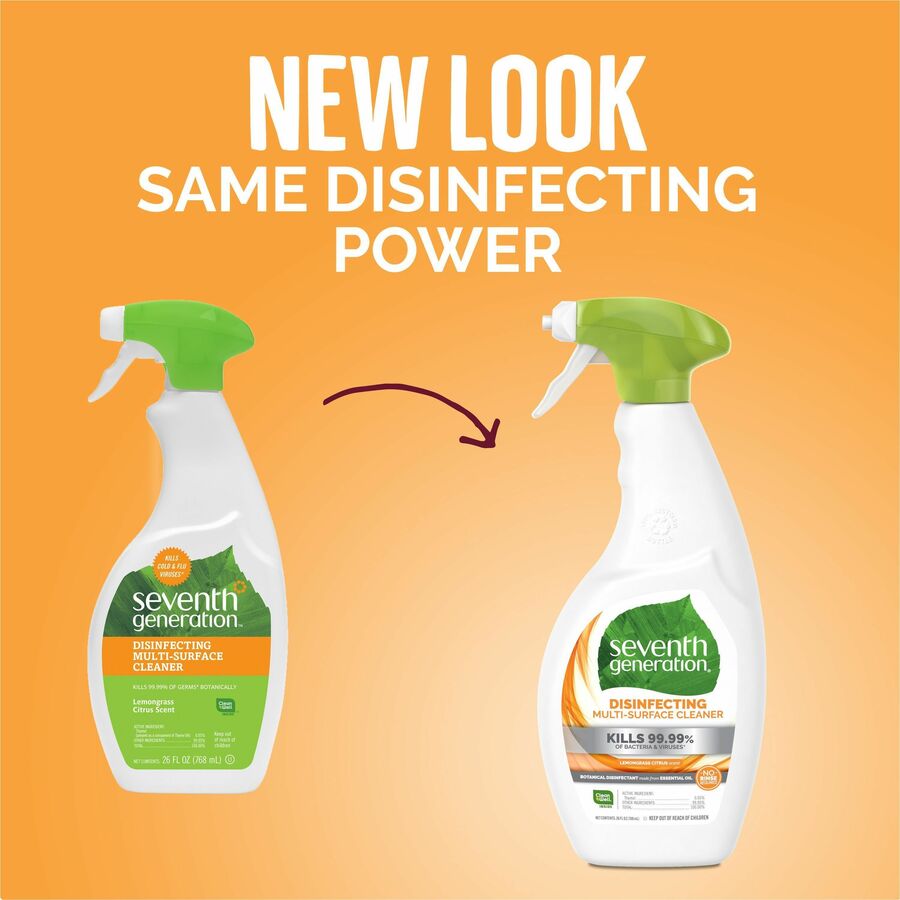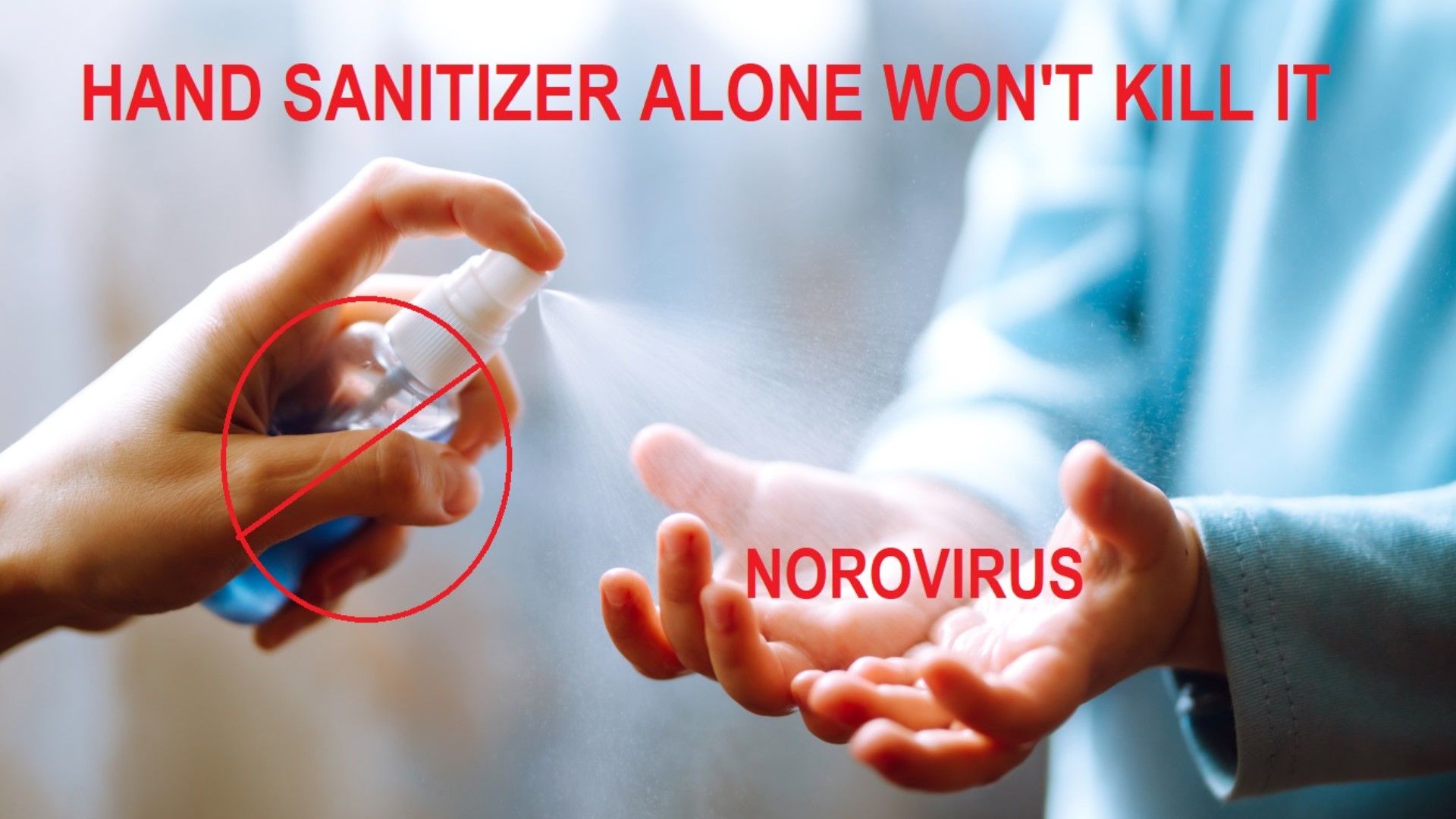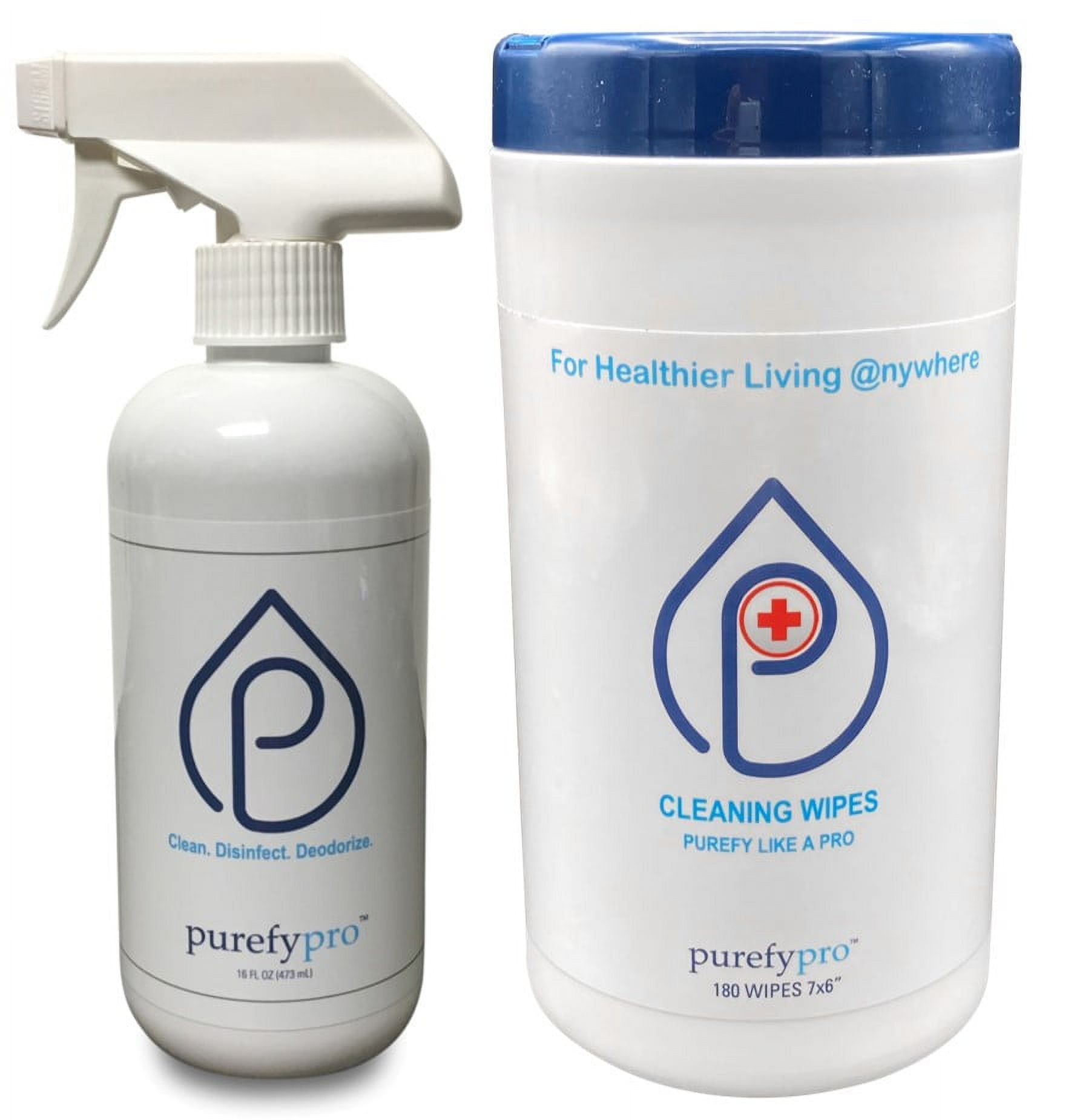Does Seventh Generation Disinfectant Kill Norovirus
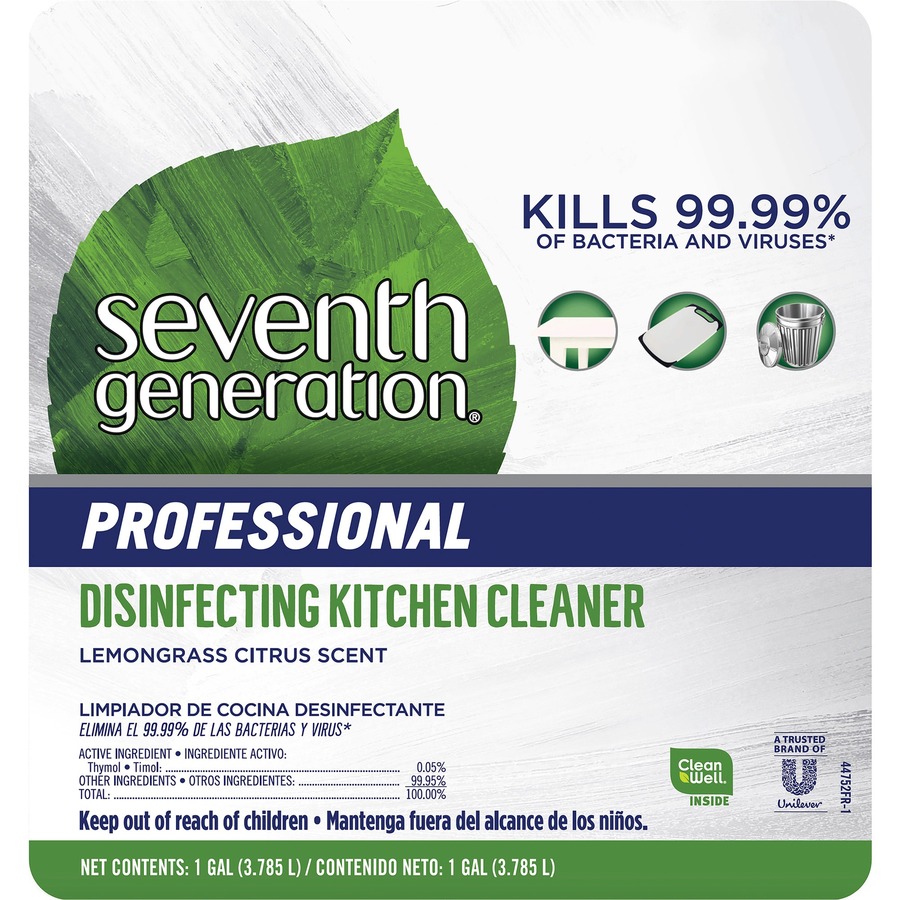
The dreaded stomach bug, norovirus, can sweep through communities like wildfire, leaving a trail of nausea, vomiting, and misery. As families and institutions scramble for effective defenses, the question arises: Can Seventh Generation Disinfectant, a popular plant-based cleaning product, truly eliminate this highly contagious virus? The answer, it turns out, is more complex than a simple yes or no.
This article delves into the efficacy of Seventh Generation Disinfectant against norovirus, examining available scientific data, official statements from the company, and expert opinions. The goal is to provide readers with a clear and balanced understanding of what this disinfectant can and cannot do, empowering them to make informed decisions about their cleaning practices and protect themselves and their loved ones from the unpleasant clutches of norovirus.
The Norovirus Challenge
Norovirus is notoriously resilient. Unlike bacteria, it's a virus, meaning it lacks a cellular structure and survives outside the body for extended periods.
It spreads rapidly through contaminated surfaces, food, and person-to-person contact, making it a significant public health concern, especially in enclosed environments like schools, cruise ships, and nursing homes.
Its ability to withstand many common disinfectants underscores the need for targeted solutions.
Seventh Generation's Active Ingredient
Seventh Generation Disinfectant relies on Thymol, a component of thyme oil, as its active ingredient. It is marketed as a plant-based alternative to traditional disinfectants that use harsher chemicals.
Thymol has known antimicrobial properties and is effective against some bacteria and viruses. But the crucial question is its effectiveness against norovirus, specifically.
The company emphasizes its commitment to providing safer and environmentally responsible cleaning solutions.
EPA Registration and Claims
The Environmental Protection Agency (EPA) regulates disinfectants and requires manufacturers to register their products and substantiate their claims through rigorous testing.
Seventh Generation's Disinfectant Spray, for example, is EPA-registered and approved for use against certain viruses and bacteria listed on its label. However, it’s critical to note that not all versions of Seventh Generation Disinfectant claim to kill norovirus.
It's vital to carefully examine the product label for specific claims regarding norovirus efficacy.
Scientific Evidence: What the Data Shows
The efficacy of Thymol-based disinfectants against norovirus has been investigated in several studies. These studies often involve laboratory testing, where the disinfectant is applied to surfaces contaminated with norovirus, and the reduction in viral load is measured.
Some research indicates that Thymol can be effective against norovirus, but the concentration, contact time, and surface type play significant roles. Higher concentrations and longer contact times typically lead to better results.
However, other studies have shown that Thymol-based disinfectants may not be as effective against norovirus as traditional bleach-based solutions.
Expert Perspectives
Dr. Emily Carter, a virologist specializing in environmental transmission of viruses, explains, "While Thymol has shown promise against norovirus in lab settings, real-world application can be more challenging." She says proper application is essential.
Dr. Carter adds, "Factors like surface cleanliness, contact time, and the specific strain of norovirus can all influence the effectiveness of the disinfectant. Consumers should always follow the manufacturer's instructions carefully."
Conversely, some experts in green chemistry argue that plant-based disinfectants offer a more sustainable and less toxic alternative, even if they require more careful application.
Seventh Generation's Stance
Seventh Generation acknowledges the need for effective norovirus control and encourages consumers to consult product labels for specific efficacy claims. They maintain that their disinfectant products are rigorously tested and meet EPA standards for the listed pathogens.
A statement from Seventh Generation indicates that some of their disinfectant products are specifically formulated and tested to kill norovirus, while others are not.
They emphasize the importance of using the correct product and following label instructions meticulously for optimal results.
Practical Implications and Best Practices
Given the complexities surrounding Seventh Generation Disinfectant and norovirus, what are the practical implications for consumers? The first step is to always read the product label.
If norovirus control is a primary concern, ensure the label explicitly states that the product is effective against norovirus. Pay close attention to the required contact time, which is the amount of time the disinfectant needs to remain on the surface to kill the virus.
Pre-cleaning the surface to remove visible dirt and grime is also crucial, as organic matter can interfere with the disinfectant's effectiveness.
Beyond Disinfectants: A Multi-pronged Approach
While disinfectants play a vital role in norovirus prevention, they are just one piece of the puzzle. Frequent handwashing with soap and water remains the most effective way to prevent the spread of norovirus.
Thoroughly cooking food, especially shellfish, can also kill the virus. Isolating infected individuals and disinfecting contaminated surfaces promptly are crucial steps in controlling outbreaks.
A comprehensive approach that combines proper hygiene practices, environmental cleaning, and appropriate disinfection strategies is the most effective way to combat norovirus.
Looking Ahead: The Future of Disinfectants
The search for effective and environmentally friendly disinfectants is ongoing. As awareness of the potential risks associated with harsh chemicals grows, there's increasing demand for plant-based alternatives.
Further research is needed to optimize the efficacy of Thymol and other natural compounds against norovirus and other pathogens. Advancements in disinfectant technology, such as improved delivery methods and formulations, could also enhance their effectiveness.
Ultimately, a balanced approach that considers both efficacy and safety will be key to developing the next generation of disinfectants.

